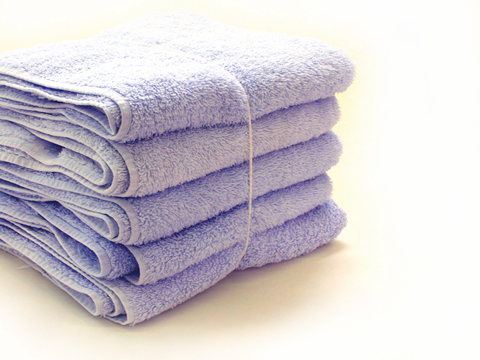
Antalis Packaging has revealed its new range of cotton twine wrapping and tying machines, said to offer a ‘100% natural’ alternative to traditional strapping.
The range of new machines aims to offer flexibility to wrap products from small nails and gifts to wooden planks. Antalis says the machines allow binding as a ‘sustainable solution’ for packaging, including securing packages, cardboard boxes, pipes, textiles and magazines. There is an option to include the twine machine in automated packaging lines.
The company states that the twine wrapping machines use cotton and recycled cotton which are biodegradable after use, in an effort to reduce plastic from packaging lines. Common uses include strapping, bundling, retention, and aiding presentation. The machines are also said to aid safety as they do not have a ‘memory’, so they will not spring out of bins or off packaging, causing a tripping hazard on floors.
Antalis explains that twine machines use a unique twine-tying method that apparently offers several advantages over traditional strapping. The cord is tied around the product or packaging, creating a secure bond without the need for additional sealing materials or machinery. The knot hopes to eliminate the need for scissors by being easy to open. The company adds that this method is suitable for smooth or sensitive products, as it doesn’t cut into the surfaces and maintains tension evenly.
Amy Skingsley, packaging product manager at Antalis, comments: “Twine solutions are available to suit different applications, product types, volumes, and budgets. There are also different cord colours, types and machine tensions to suit any product or application—elastic and rigid, thick and thin. This, combined with the sustainable benefits of using natural binding, low ongoing running costs, and relatively cost-efficient consumables, makes our twine wrapping machinery ideal whatever the end application.”
In similar news, Hugo Beck announced in March that it would be displaying three machine solutions for e-commerce and product transportation at LogiMAT 2024, aiming towards fast, efficient, and sustainable film and paper wrapping processes. One of the solutions, Hugo Beck’s flexo 700 e-com entry-level model, hopes to reduce the amount of material used in the production of shipping bags.
The next month, chocolate brand Cox & Co introduced its paper flow wrap packaging for chocolate bars, claiming the move allowed it to phase out all plastics and give consumers a kerbside recyclable wrapping. The company stated that the new packaging enabled a 35% reduction in its packaging costs.
If you liked this story, you might also enjoy:
How are the top brands progressing on packaging sustainability?
Sustainable Innovation Report 2024: Current trends and future priorities
Reuse vs. single use – which is better for the environment?
The ultimate guide to global plastic sustainability regulation














No comments yet